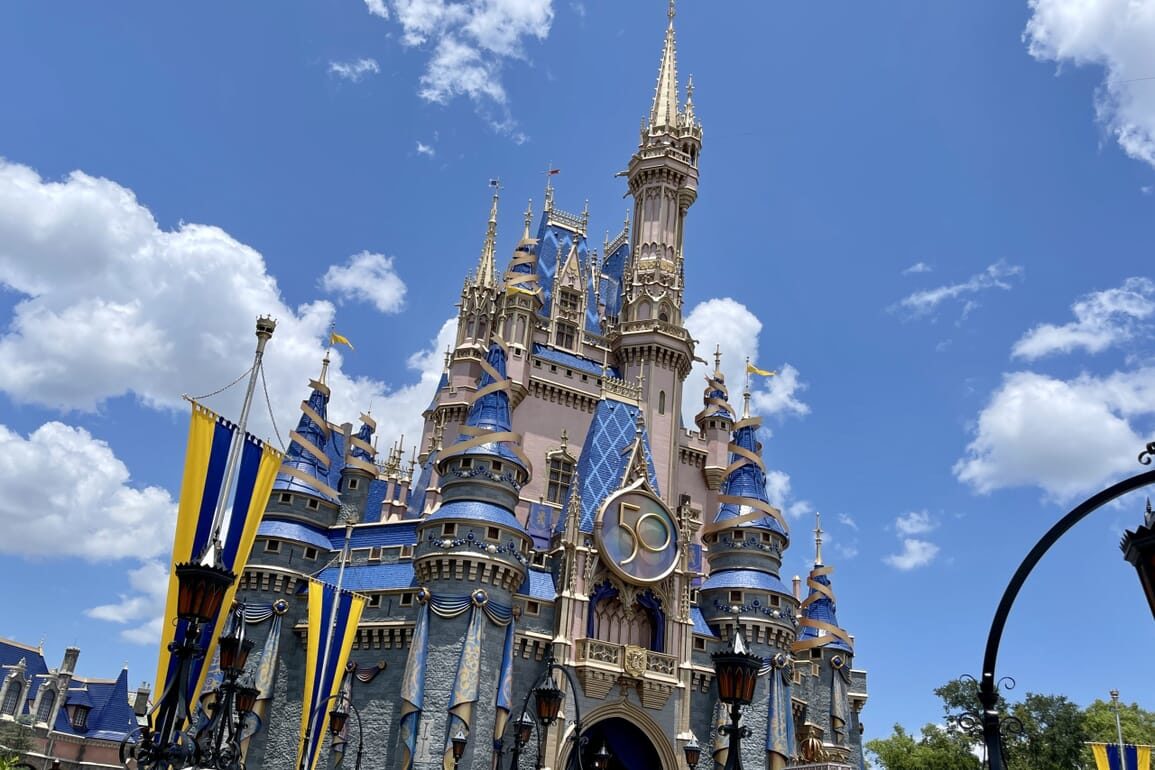In an article by Rolling Stone, writer EJ Dickson provided a deep dive into the history of the Disney fandom and the (often negatively used) term “Disney Adult.”

It’s likely that most people have heard the phrase “Disney Adult” at some point in their travels across the internet, but what exactly does it mean? Where did it come from? Why is it often thrown out like an insult?
While fans of Disney have existed since Walt was first making cartoons, the “fandom” as we know it blossomed with the introduction of the internet. It grew on forums and chatrooms in the early heydays of online communities and has continued to grow onto blogging sites like Tumblr and social media like Instagram, where new generations of fans share their love for princesses, classic animated movies, and of course — DisneyBounding (a trend of wearing clothes resembling a Disney character). While neither positive nor negative in itself, the fandom allowed for freedom of expression and the growth of obsession for all things Disney.

People have been using the term “Disney Adult” as a pejorative against Disney fans, especially those who frequent the theme parks, for several years. It hit the mainstream consciousness again recently thanks to a Reddit thread in which a bride decided to pay for Disney characters to appear at her wedding rather than pay for dinner for her guests.
This is what prompted Dickson’s article. She quotes Jodi Eichler-Levine, a religious studies professor at Lehigh University who studies the intersection of Disney and religion, who says, “People were saying Disney fans are a plague upon society, that they will be the end of Western civilization.”
Dickson says many fans and experts she spoke to used the word “cringe” when describing “Disney Adults.”
“On its most basic level,” Dickson writes, “it strikes outsiders as deeply embarrassing to throw oneself into a subculture ostensibly aimed at children — despite the fact that the Disney parks, as Walt Disney first conceived of them, were very much intended for people of all ages.”
“A lot of people see it as very naive,” says Sabrina Mittermeier, a Disney fan and postdoctoral researcher and lecturer of American cultural history at the University of Kassel. “It’s a lot of escapism, and if that works for you, then it works very well. And if it doesn’t, it has the opposite effect.”
Dickson points to one reason for intense hatred for “Disney Adults” being that Disney experiences are expensive. The high-profile influencers on social media are the people who can afford to visit the parks frequently and, as a result, are mostly white people. People of color often feel alienated from the mostly white fandom.
“There’s more ‘Karens’ in the Disney fandom than others,” Mittermeier says.
Of course, as Dickson points out, the Disney fandom has a fairly even split by gender, but the “Disney Adult” is stereotyped as a young, millennial woman. Therefore, most vitriol about “Disney Adults” is aimed at women.
“People think of Disney as feelings-oriented. Thinking about the experience of the park, it’s mushy in a way that other ways of consuming fandom are not,” says Amanda Brennan, senior director of trends at XX Artists. “It’s emotion-driven — with these fans, there’s so much emotion wrapped up in all of this, so it’s perceived as a very feminine activity. And there’s still an element of female fandom that is looked down on in a certain way.”
Idil Galip, a Ph.D. candidate in sociology who studies fandom, also pointed at the generational differences. “[M]illennials are allowed to be more juvenile,” she explains. “But now all of a sudden they’ve become sort of cringey. You’re expected to grow out of it in a way, or at least hide it.”

“Disney Adults” became the term for fans who were thought to be out of touch with reality. Stubbornly refusing to admit that dreams don’t come true and the world is horrible. But that’s not exactly fair, is it?
Eichler-Levine further explained, “when we pathologize these people, we are calling normal joy and grief and the human experience something that is diseased. And Disney fans are not diseased.”
In other words, just because someone enjoys something you don’t doesn’t make them wrong.

Are you a proud Disney Adult? Tell us your feelings on the term in the comments.
For the latest Disney Parks news and info, follow WDW News Today on Twitter, Facebook, and Instagram.
The post ‘Disney Adults’ and Why They Are So Strongly Disliked on the Internet appeared first on WDW News Today.

